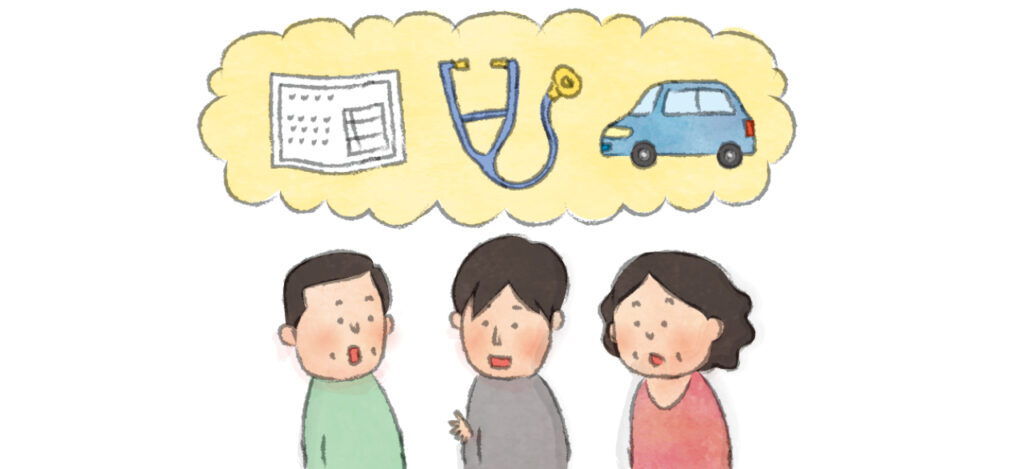8 Guidelines for Living with Dementia
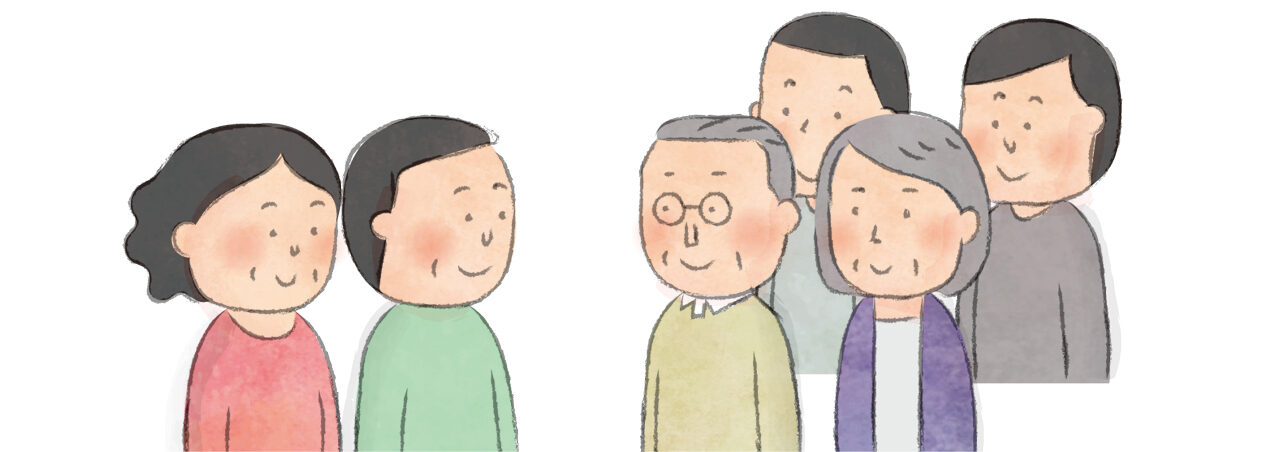
1. A diagnosis of dementia does not end your life
Being diagnosed with dementia does not mean your life is over. There are many people with dementia and their families who are living positively and happily. This is because there are many people who support them through the challenges that people with dementia and their families face.
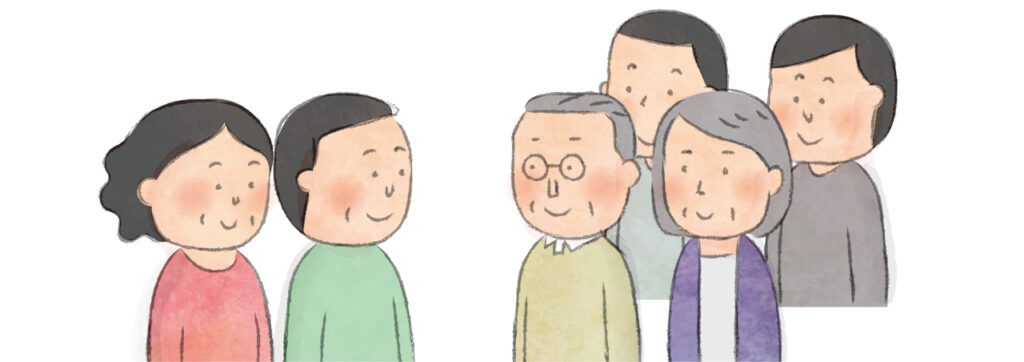
2. Obtain correct information about dementia
By obtaining accurate information on dementia, you can face the symptoms and deal with it.

3. Know about support systems and use them
There are many medical, care, and welfare systems and services you can use. Actively use support systems since these can greatly improve daily life for people with dementia and their families.

4. Don’t forget to also find support outside of the family
Attend gatherings for people with dementia and their families in your area. You will find out you are not the only one with this issue. Meeting others like you will encourage you.
Alzheimer’s Association Japan holds get-together sessions at the branch offices in 47 prefectures in Japan. This is a place where family members can talk about their concerns and the future. People with dementia can talk about their feelings, too. The Association also provides a telephone helpline.
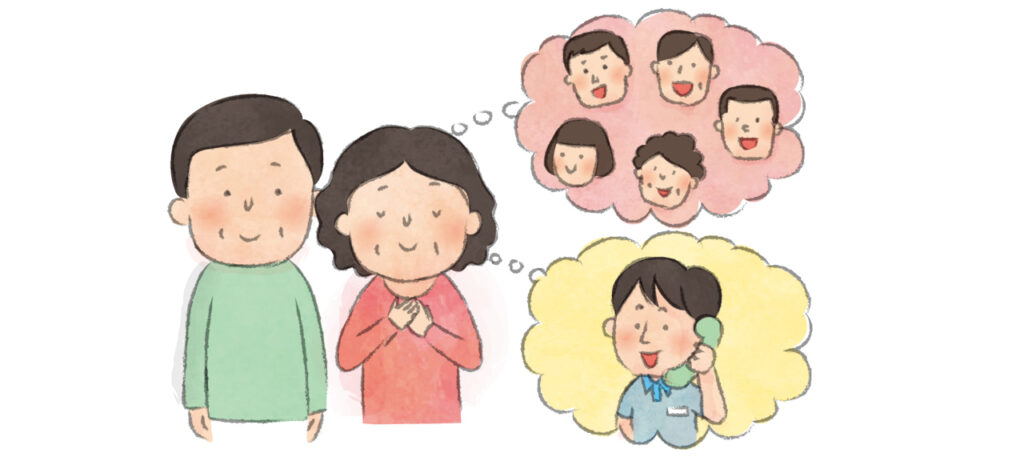
5. Look for others living with dementia and people who can offer support
Finding others with same concerns makes you feel you are not alone and there are others who are worried, have suffered but have hope. Also, you will learn there are a lot of people who are willing to help people with dementia and their families. If you are in contact with people in your situation and support people, you can get more information and tips for daily living. More than anything, you will find relief in talking with other people who face the same issues as you. Look at the information relating to care, medicine, and welfare in your area for people who are facing the same issues as you.
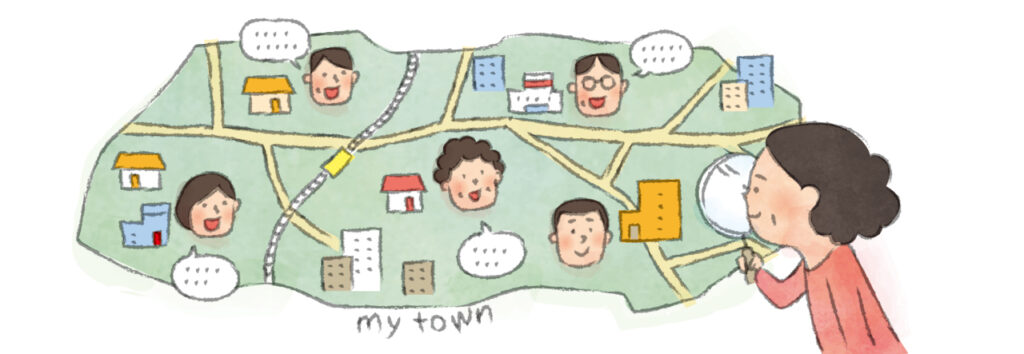
6. Tell your boss and relatives about it
Speak about your condition to your supervisors at your workplace, your relatives and friends. Tell them about the issues you are facing right now.

7. Make connections with the society and community
If you isolate yourself at home because you are afraid that other people may discriminate against people with dementia, or you don’t want others to see you fail at doing something, your condition may get worse. To prevent the progress of dementia, it is important to go out, do exercises and talk to others (have communication). Find the places you feel comfortable visiting.
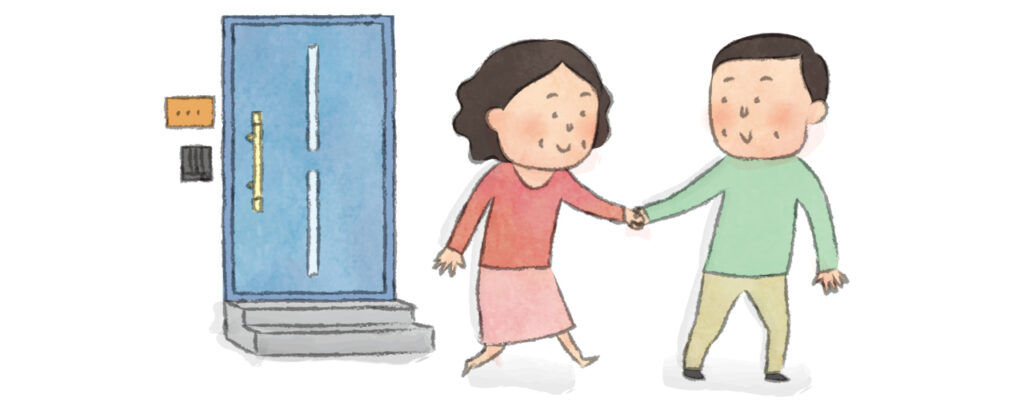
8. Have discussions with your family
Right after being diagnosed with dementia, you may not be able to think about the future, but try to discuss your medical care, nursing care, giving up your driver’s license, property and decision-making support with your family. It is also good to talk over these issues with professionals.
